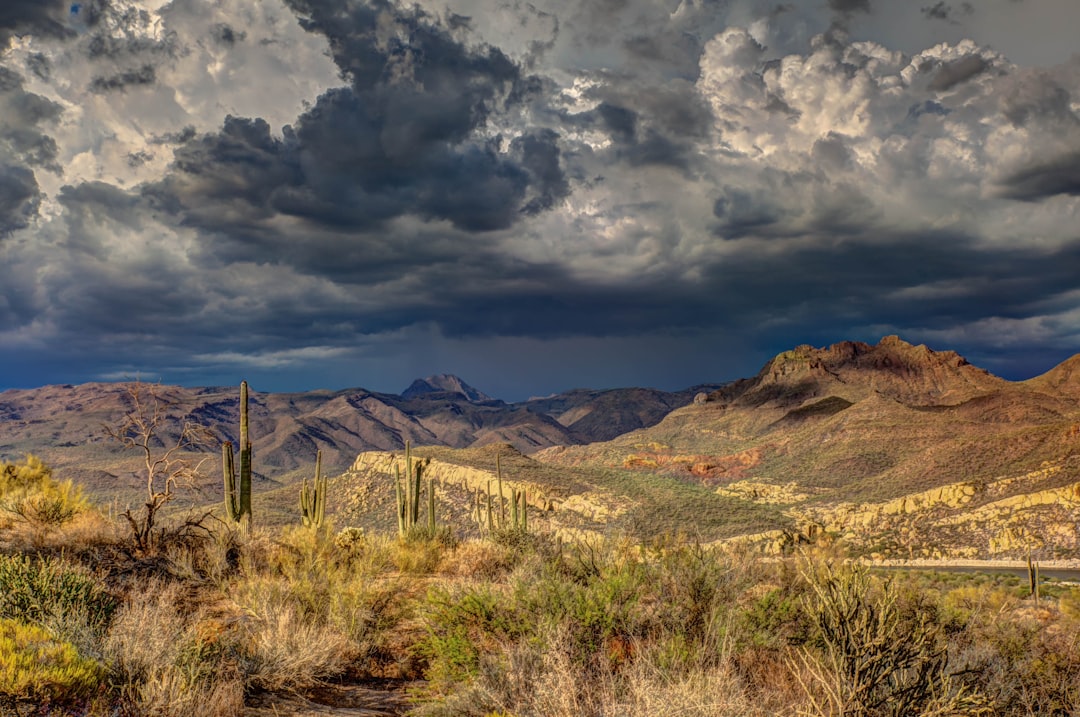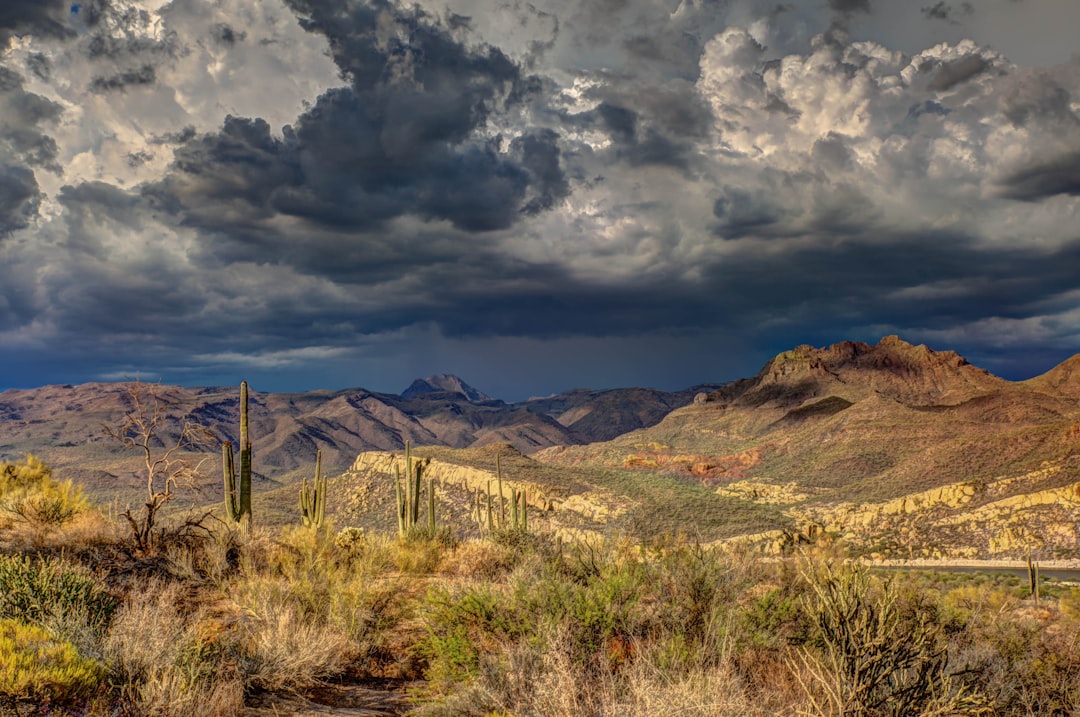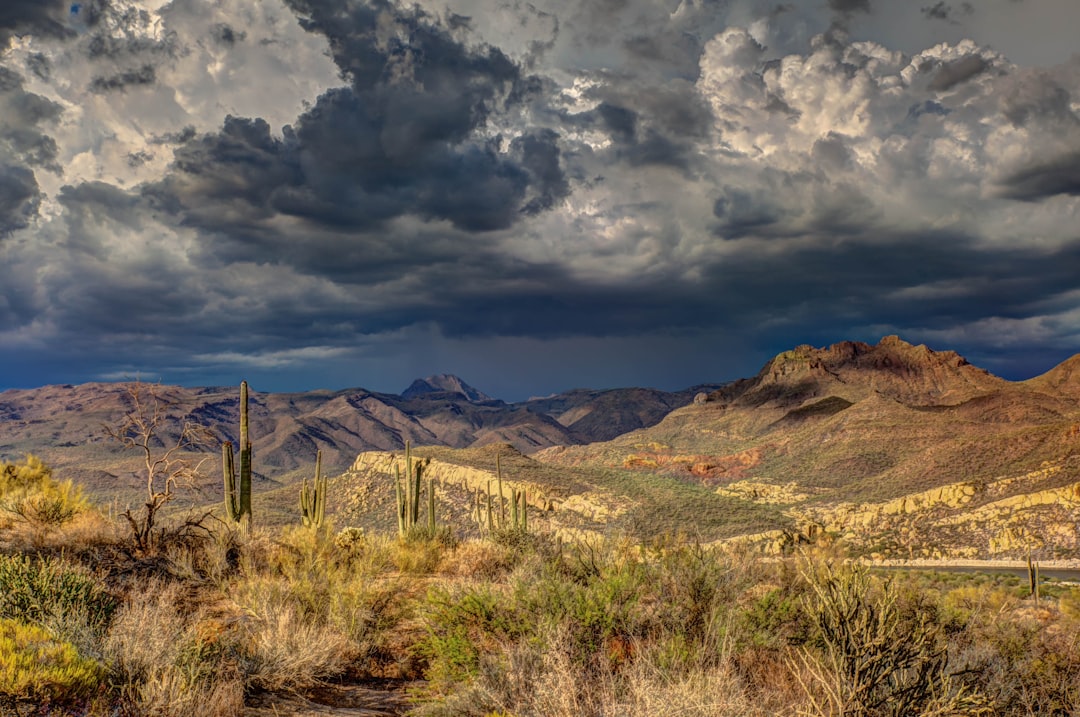Arizona's robust Do Not Call laws protect residents from unwanted telemarketing and debt collector calls on mobile devices, with explicit consent required. Violations carry penalties, making it essential for businesses to comply. A specialized lawyer in Do Not Call Laws Arizona can guide individuals on registering their numbers, enforcing protections, and pursuing action against harassers, ensuring respect for consumer privacy and rights.
In Arizona, a new era of privacy is underway with strict restrictions on unsolicited calls to mobile devices. This comprehensive guide explores Arizona’s Do Not Call laws, shedding light on their purpose and implications. We delve into what the law prohibits, how it’s enforced, and when you might need legal support from a specialist lawyer for Do Not Call Laws in Arizona. Understanding these regulations is crucial for both businesses and individuals navigating this evolving landscape.
Understanding Arizona's Do Not Call Laws: A Comprehensive Overview

Arizona’s Do Not Call laws are designed to protect residents from unwanted phone calls, offering a sense of peace and control over their personal communication. These regulations are comprehensive, covering various types of calls, including those from telemarketers, political organizations, and even debt collectors. A lawyer specializing in Do Not Call Laws Arizona can provide valuable insights into these protections and guide individuals on how to enforce them.
The state has established clear guidelines, such as requiring businesses and organizations to obtain explicit consent before calling mobile numbers. Residents can register their phones with the National Do Not Call Registry or use similar tools offered by their service providers. By understanding and leveraging these laws, Arizona folks can effectively manage their communication preferences, ensuring they receive calls only from sources they have consented to.
The Impact of Unsolicited Calls: Why Restrictions Are Necessary

Unsolicited calls, often referred to as telemarketing or sales calls, have long been a source of frustration for many Arizona residents. These calls can disrupt daily life, intrude on personal time, and even contribute to stress and anxiety. With the widespread use of mobile devices, the problem has intensified, leading to a growing demand for a solution. This is where Arizona’s Do Not Call laws step in as a much-needed shield for consumers.
Restrictions on unsolicited calls are essential to protect individuals’ privacy and peace of mind. A lawyer specializing in Do Not Call Laws Arizona can attest that these regulations give residents the power to control their communication preferences. By implementing such restrictions, Arizona is sending a clear message: consumer rights and well-being are paramount, and businesses must respect personal boundaries. This approach fosters a more harmonious relationship between businesses and consumers, ensuring that marketing efforts are welcomed rather than perceived as invasive.
What Does the Law Actually Prohibit? Clarifying the Rules

The Arizona Do Not Call Law, enforced by a lawyer for Do Not Call laws Arizona, prohibits businesses and individuals from making unsolicited telephone calls to mobile devices unless the caller has obtained prior explicit consent from the recipient. This means that if you haven’t given permission for your number to be contacted, companies cannot call you on your cell phone without facing penalties. The law specifically targets marketing or sales calls made without prior authorization, ensuring that Arizonans can enjoy their privacy and peace of mind when using mobile devices.
The rules are clear: no more annoying robocalls or unsolicited sales pitches interrupting your day. Consumers in Arizona now have greater control over their contact information, and violators could face substantial fines. Understanding and adhering to these regulations is crucial for businesses operating within the state to avoid legal complications and maintain a positive relationship with local residents.
Enforcing the Restrictions: Rights and Responsibilities of Businesses and Individuals

The restrictions on unsolicited calls to mobile devices in Arizona are enforced through a combination of legal frameworks and consumer protections. Businesses and individuals alike must adhere to these rules, with strict penalties for violations. A lawyer specializing in Do Not Call Laws Arizona can guide both parties through this complex landscape.
For businesses, this means ensuring that all marketing or sales calls are made only with the explicit consent of the recipient. This includes implementing robust internal policies and procedures to respect consumer preferences. Individuals who make such calls must obtain prior authorization, often through opt-in programs, and comply with any Do Not Call requests promptly. Non-compliance can result in fines and legal action, emphasizing the importance of consulting a lawyer for guidance on navigating these restrictions effectively.
Finding Legal Support: When You Need a Lawyer for Do Not Call Laws in Arizona

If you’re facing issues with unwanted calls on your mobile device and live in Arizona, understanding your legal rights is essential. The state has implemented Do Not Call laws to protect residents from unsolicited telephone solicitations, including marketing and sales calls. However, navigating these regulations can be complex, especially when dealing with persistent or abusive callers. This is where finding the right legal support becomes crucial.
Engaging a lawyer specializing in Arizona’s Do Not Call Laws can provide you with several advantages. They can guide you through the process of registering your number on the state’s Do Not Call list, ensuring compliance with the law. Moreover, if you’ve suffered harassment or damage due to unauthorized calls, a legal professional can help you pursue justice and seek compensation for any losses incurred. Their expertise ensures that your rights are protected, and they can offer strategic advice tailored to Arizona’s unique regulations regarding unsolicited communication.






